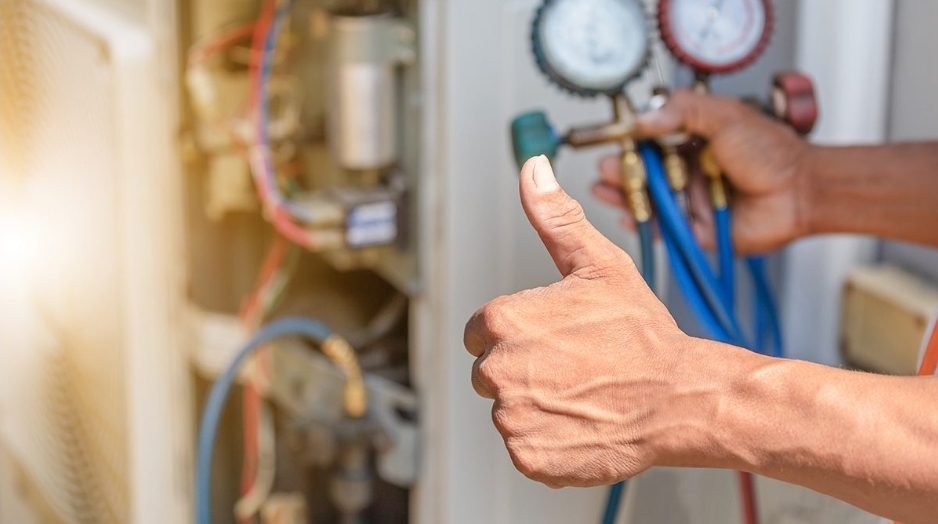Cat Foaming at the Mouth After Flea Treatment: Causes and Remedies

As pet owners, we always want the best for our furry friends. Flea treatments are essential to keep our cats healthy and free from fleas, ticks, and other parasites. However, it can be concerning when we notice our cat foaming at the mouth after flea treatment. In this article, we’ll discuss the possible causes of this reaction and provide remedies to help ease your worries.
Flea treatments are essential for cats to prevent fleas, ticks, and other parasites. However, some cats may react adversely to these treatments, and foaming at the mouth is one of the symptoms. This reaction can be concerning for pet owners, but there are ways to ease your worries and help your cat feel better.
Contents
Why is my cat foaming at the mouth?
There are several reasons why your cat may be foaming at the mouth after flea treatment.
Allergic Reactions
Some cats may be allergic to the ingredients in flea treatments, such as pyrethrin or permethrin. These ingredients can cause an allergic reaction, resulting in symptoms such as foaming the mouth, vomiting, or diarrhea.
Chemical Overload
Flea treatments contain chemicals designed to kill parasites, but these chemicals can be overwhelming for some cats. When a cat is exposed to too many of these chemicals, it can cause symptoms such as drooling, shaking, or foaming at the mouth.
Ingestion
Cats are meticulous groomers and may accidentally ingest the flea treatment while cleaning themselves. Ingestion of these chemicals can cause a reaction that may lead to foaming at the mouth.
Remedies for Cat Foaming at the Mouth After Flea Treatment
If you notice your cat foaming at the mouth after flea treatment, there are a few things you can do to help ease their discomfort.
Clean the Mouth
Use a damp cloth to clean your cat’s mouth and remove any residue from the flea treatment. This will help prevent further ingestion of the chemicals and ease their discomfort.
Give Water
Make sure your cat has access to plenty of fresh water. This will help them rinse any residual chemicals from their mouth and keep them hydrated.
Monitor Your Cat
Keep a close eye on your cat’s behavior and symptoms. If their condition worsens, seek veterinary help immediately.
Seek Veterinary Help
If your cat’s symptoms persist or worsen, seek veterinary help. Your vet may be able to provide medication or other remedies to help ease your cat’s discomfort.
How to Prevent Cat Foaming at the Mouth After Flea Treatment
Prevention is always better than cure, and you can do a few things to prevent your cat from foaming at the mouth after flea treatment.
Choose a Safe Flea Treatment
Choose a flea treatment that is safe for your cat. Consult your vet to determine which flea treatment is best for your cat’s needs.
Follow Instructions Carefully
Read and follow the instructions carefully when administering flea treatments. Use the appropriate amount of the product and apply it as directed on the package or as instructed by your veterinarian.
Monitor Your Cat After Treatment
Keep an eye on your cat after administering flea treatment. Watch for any signs of discomfort or adverse reactions. If you notice any symptoms, take action immediately.
Conclusion
Flea treatments are essential for your cat’s health, but it’s important to be aware of potential adverse reactions. Foaming at the mouth after flea treatment can be concerning, but there are remedies to help ease your cat’s discomfort. If your cat’s symptoms persist or worsen, seek veterinary help immediately.
FAQs
Why is my cat drooling after a flea treatment?
Drooling is a common symptom in cats after flea treatment. There are several reasons why your cat may be drooling after flea treatment. One possibility is an adverse reaction to the chemicals in the flea treatment. Cats may also accidentally ingest the flea treatment while grooming themselves, which can cause drooling. Additionally, the taste of the flea treatment may be unpleasant to your cat, causing excessive drooling. If your cat is experiencing severe drooling, seek veterinary help immediately.
Can a cat die from licking flea medicine?
While it is uncommon, a cat may die from licking flea medicine if they ingest a large amount of the chemical. Some flea treatments contain chemicals that can be toxic to cats if ingested in large quantities.
If you suspect that your cat has ingested flea medicine or is exhibiting symptoms such as vomiting, diarrhea, or seizures, seek veterinary help immediately. It’s important to always follow the instructions carefully when administering flea treatments and to keep the product out of reach of your pets.
Why is my cat nervous and irritable after flea treatment?
Nervousness and irritability are common symptoms in cats after flea treatment. These symptoms may be caused by the chemicals in the flea treatment, which can cause discomfort or irritation to your cat’s skin or nervous system.
Additionally, the smell or taste of the flea treatment may be unpleasant to your cat, causing them to become agitated or nervous. If your cat’s symptoms persist or worsen, seek veterinary help immediately. In the future, consider choosing a flea treatment specifically designed for sensitive cats or consulting with your vet for alternative treatment options.
What happens if a cat licks the Bayer Advantage flea treatment? Is it safe or not?
If a cat licks the Bayer Advantage flea treatment, it can harm its health. The active ingredients in the flea treatment, imidacloprid, and pyriproxyfen, are safe when used as directed but can cause adverse reactions if ingested in large quantities.
Some possible symptoms of ingesting flea treatment include vomiting, diarrhea, lethargy, seizures, and even death in severe cases.
Contact your veterinarian immediately if you suspect your cat has ingested flea treatment. They may advise you to bring your cat in for an examination or provide specific instructions on monitoring your cat’s symptoms. It’s important to follow the instructions carefully when administering flea treatments and to keep the product out of reach of your pets.




